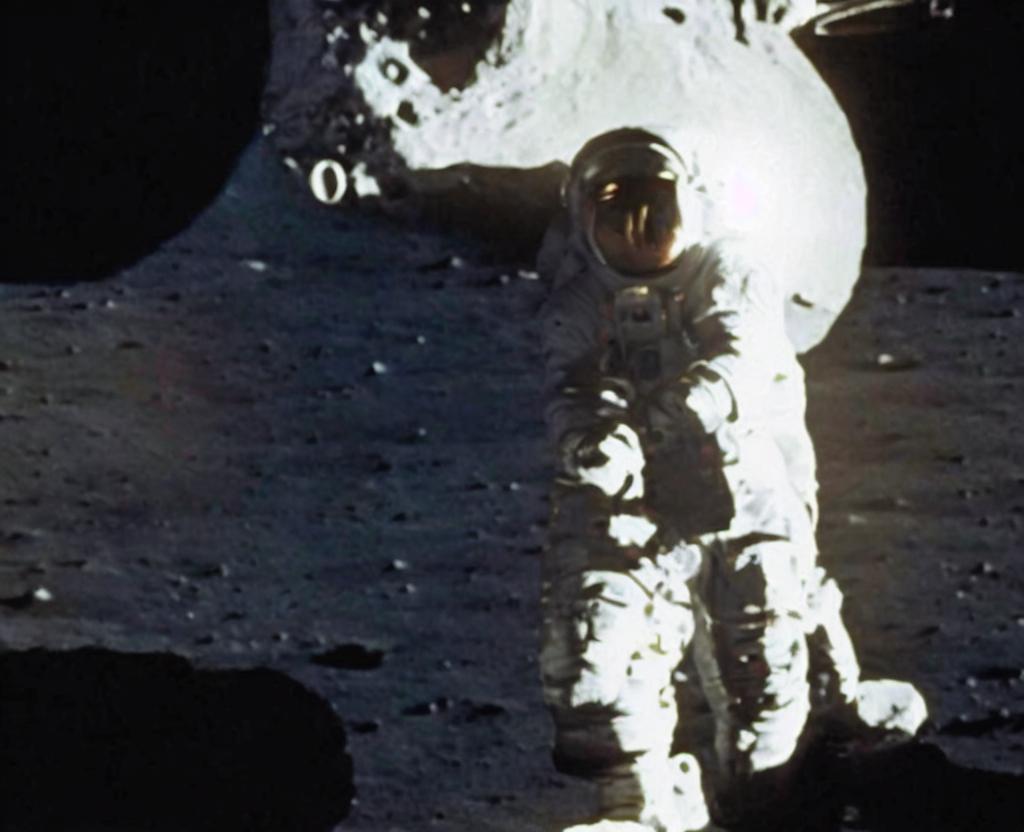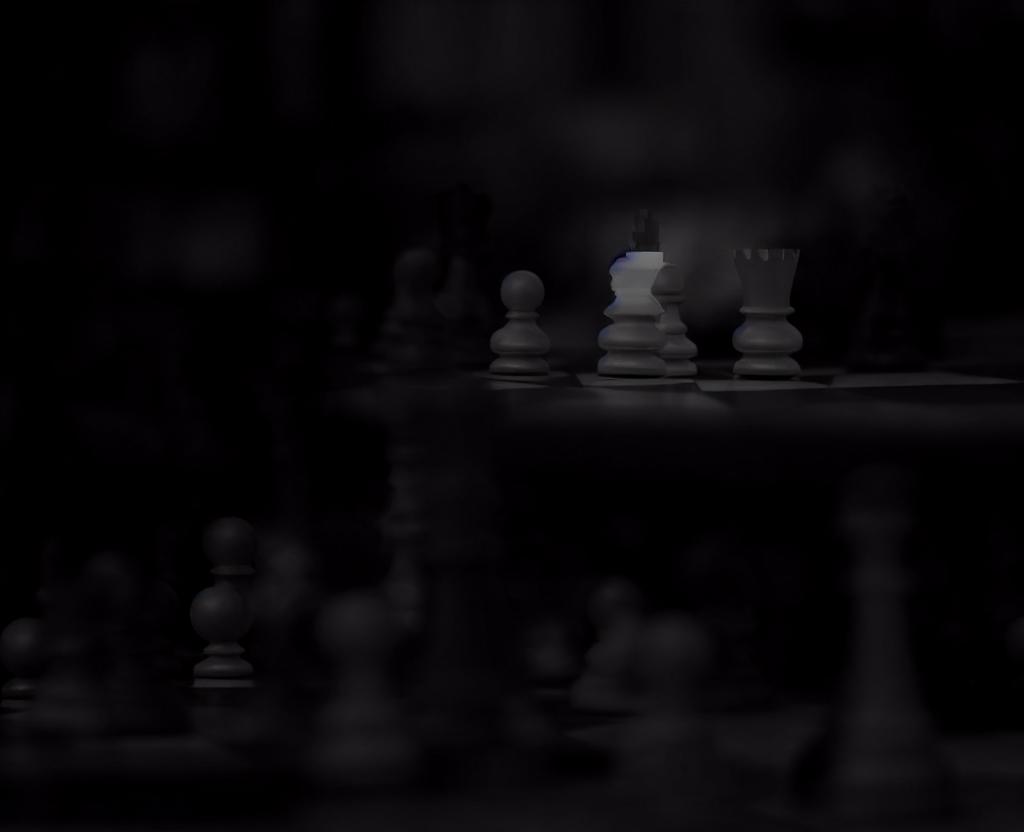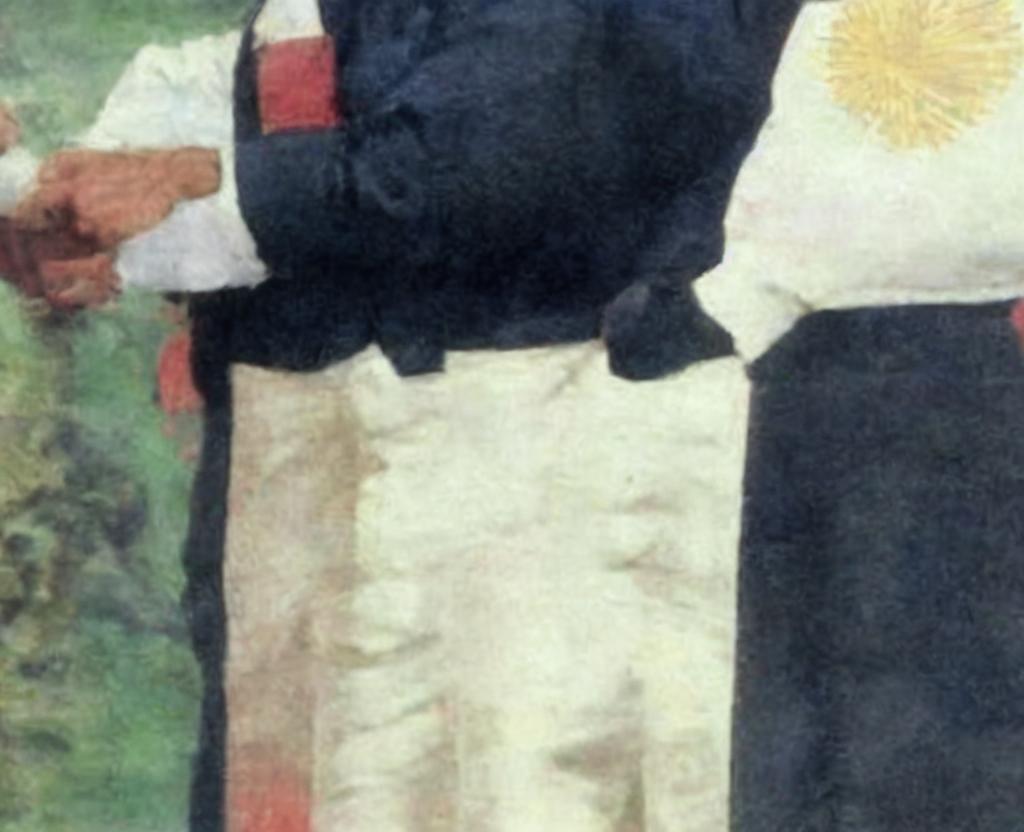
National Moon Day
The day man first walked on the moon in 1969 was commemorated on National Moon Day on July 20th. The single greatest technological achievement of all time, NASA described the moon landing as being the single single greatest technological achievement of all time.
#nationalmoonday
On July 20, 1969, Apollo 11 carried the first humans to the moon on July 20, 1969. Neil Armstrong, an American, stepped onto the lunar surface six hours after landing on the moon for six hours. He spent two and a half hours outside the spacecraft. Buzz Aldrin came shortly after, stepping onto the lunar surface, following Buzz Aldrin. After joining Armstrong, the two men discovered 47.5 pounds of lunar dust. Their specimens will travel back to Earth to be analyzed.
A third astronaut waited in the command module. Michael Collins, the pilot, remained alone in orbit until Armstrong and Aldrin returned.
Millions of Americans watched the mission from Earth as a child caught up in the excitement of the adventure. Televisions around the world have been tuned in to the live broadcasts. Around the world, the astronauts had a worldwide audience. As a result, Armstrong stepped onto the moon's surface and described the event as "one small step for [a] man, one giant leap for mankind," as a result.
When is Global Sleep Under the Stars Night?
Unquestionably, sending men on the moon became a concrete achievement in the space race. The United States was placed in a position to go forward and explore into the universe's deeper reaches as well. NASA and the Soviets stepped up their missions in the months and decades that followed.
The day does not just commemorate the historic mission. Future missions are also commemorated. Humans are being led further into space by private expeditions. Armstrong's "one small step for man" ignited imaginations and ignited creativity, as well as sparked creativity for generations to come. Even more future moon missions, including manned landings, are planned.
How to observe national moon day on national moon day
National Moon Day opens up a slew of things to explore and reminisce!! Did you catch the first moon landing in 1969? Did you catch the first moon landing? How about the ones that came after? Send us your memories of the moon landing. Explore the moon's surface with a telescope. Using a telephoto lens, you can even explore the surface. Start a discussion about space exploration as you rediscover the moon. How does it influence our world today? How can it influence our climate today? As well, research the potential moon landings. What are your thoughts about further moon exploration?
Investigate the people behind the moon landing while you're celebrating. Others can relate to their lives and celebrate their accomplishments.. In addition, you can commemorate the day by reading books or watching documentaries about the Apollo 11 mission or those leading up to it.
- In the Shadow of the Moon, directed by David Sington (2007), In the Shadow of the Moon (2007) directed by David Sington
- First to the Moon: Paul J. Hildebrant's Journey to Apollo 8 (2018) - First to the Moon
- Charles Fishman's Unfew Us to the Moon: One Giant Leap: The Impossible Mission That Flew Us to the Moon By Charles Fishman
- A Man on the Moon by Andrew Chaikin: The Apollo Astronauts' Voyages by Andrew Chaikin
- e Shetterly's Margo Lee Shetterly's "Interruption Figures" Margo Lee Shetterly's Margo Lee Shetterly's Margo Lee Shetterly's Margo Lee Shetterly's Margo Lee Shetterly's Margo Lee Shetterly's Margo Lee Shetterly's Margo Lee Shetterly's Margo Lee Shetterly's Margo Lee Shetterly
Use #NationalMoonDay on social media to share your findings and stories.
History of national moon day has influenced national moon day celebrations.
On July 20th, President Richard Nixon declared National Moon Landing Day in 1971 to commemorate man's first moon landing. However, no further action was made.
Enter Richard Christmas. He put up the fight by launching a "Chrismas Card" writing contest. He took up the fight. Governors and members of Congress in all 50 states wrote to governors and lawmakers of Congress, asking them to establish National Moon Day. He had some success, too. 12 states sponsored bills commemorating Moon Day by July of 1975, 1975.
James J. Mullaney, an astronomer who supports National Moon Day, is another modern-day supporter of National Moon Day. He also knows a few things about the moon. Mullaney is on a trip to Pittsburgh's original Buhl Planetarium as a Curator of Exhibits and Astronomy. "If there's a Columbus Day on the calendar, there should certainly be a Moon Day," He says. His aim is a federally recognized holiday.
President Donald Trump declared July 20th as the 50th Anniversary Observance of the Apollo 11 Lunar Landing in 2019. However, no National Moon Day has been established.
Explore other aspects of this world's celebrations. explorer other countries out of this world celebrations:
- Aviation Day
- Radio Day
- Ride the Wind Day
- TV Dinner Day






